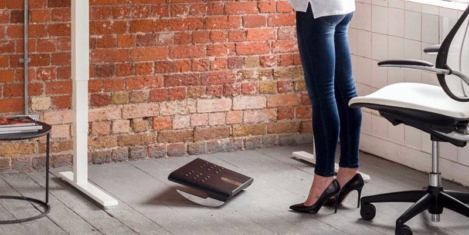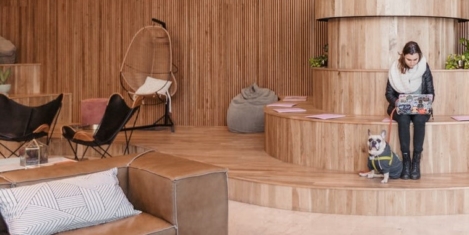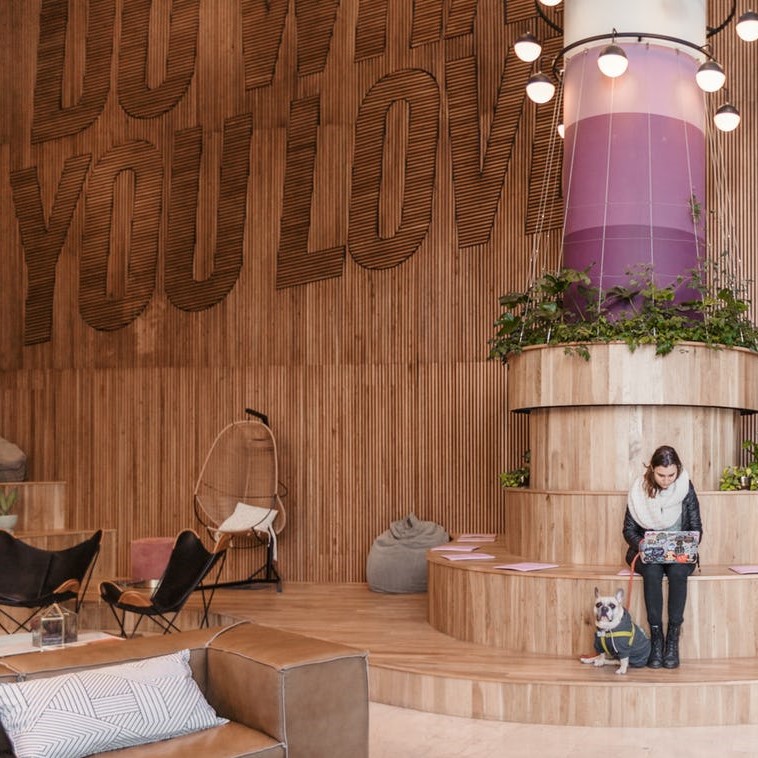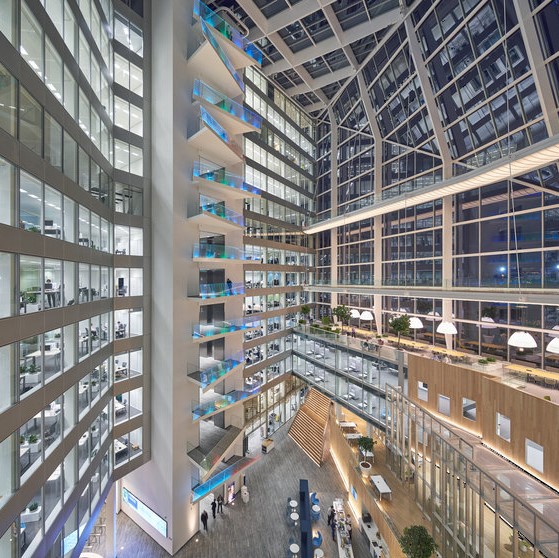June 25, 2019
Tech laggards face extinction unless they innovate
 Many larger businesses are struggling to implement digital transformation in spite of the dangers to their long term survival, a new joint report from CBI and Oracle claims. According to Bigger, Faster, Stronger, the improved adoption of technology could unlock productivity and wage growth. Research shows that more adoption, coupled with better management practices, could add £100 billion to the UK economy and cut income inequality by 5 per cent. However, only 54 per cent of UK companies believe disruptive technologies play an important role in their organisation, much lower than in countries such as France, Germany, India and Russia. (more…)
Many larger businesses are struggling to implement digital transformation in spite of the dangers to their long term survival, a new joint report from CBI and Oracle claims. According to Bigger, Faster, Stronger, the improved adoption of technology could unlock productivity and wage growth. Research shows that more adoption, coupled with better management practices, could add £100 billion to the UK economy and cut income inequality by 5 per cent. However, only 54 per cent of UK companies believe disruptive technologies play an important role in their organisation, much lower than in countries such as France, Germany, India and Russia. (more…)













 HSBC has agreed a deal to locate more than a thousand members of London staff in a WeWork coworking space in London.
HSBC has agreed a deal to locate more than a thousand members of London staff in a WeWork coworking space in London. 


 Hong Kong Central and London’s West End held onto their top spots in a ranking of the most expensive office market locations in the world at $322 and $220.70 per sq. ft. per year respectively according to the latest
Hong Kong Central and London’s West End held onto their top spots in a ranking of the most expensive office market locations in the world at $322 and $220.70 per sq. ft. per year respectively according to the latest 
 New research from AXA PPP healthcare claims that eight out of ten (82 percent) SME business leaders don’t have a health and wellbeing strategy in place. The same research found two-thirds (24 percent) report experiencing job-related stress or anxiety and just 15 per cent believe their company provides a culture which supports their mental health. The research also claims nearly half (46 percent) of employees working in small and medium sized businesses continue working when they’re feeling unwell and less than a quarter (24 percent) see a GP because they worry about taking time off work. One-fifth (18 percent) feel guilty for taking time away from their desk for lunch and more than a quarter (27 percent) send and receive emails outside of work hours.
New research from AXA PPP healthcare claims that eight out of ten (82 percent) SME business leaders don’t have a health and wellbeing strategy in place. The same research found two-thirds (24 percent) report experiencing job-related stress or anxiety and just 15 per cent believe their company provides a culture which supports their mental health. The research also claims nearly half (46 percent) of employees working in small and medium sized businesses continue working when they’re feeling unwell and less than a quarter (24 percent) see a GP because they worry about taking time off work. One-fifth (18 percent) feel guilty for taking time away from their desk for lunch and more than a quarter (27 percent) send and receive emails outside of work hours.














June 20, 2019
The case for a shorter working week
by Shainaz Firfiray • Comment, Wellbeing